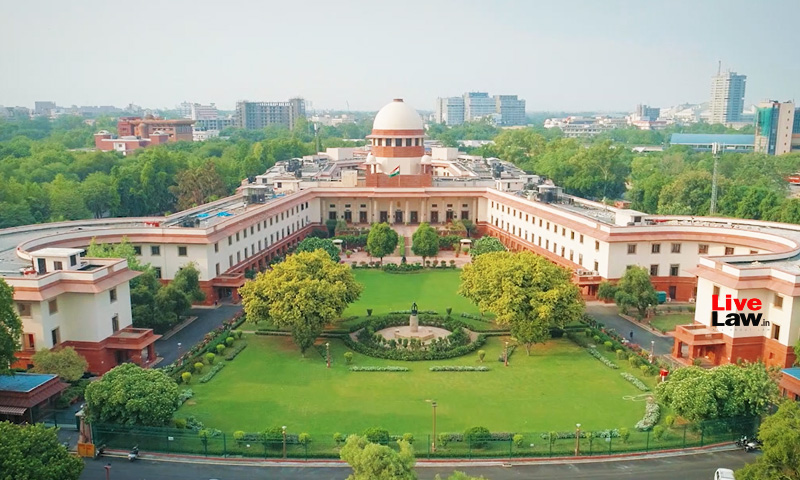- The Supreme Court Collegium, chaired by Chief Justice of India D. Y. Chandrachud, has suggested new Chief Justices for seven of India’s key High Courts.
- Seniority, regional representation, and gender diversity are among the factors emphasised in the suggestions.

What is Collegium System?
- The Indian Supreme Court invented the Collegium of Judges.
- It is not included in the Constitution, which states that judges of the Supreme Court and High Courts are nominated by the President and mentions a consultation procedure.
- In essence, it is a system in which judges are appointed by a judicial institution.
- Following the appointment of the CJI in the 1970s, and subsequent attempts to orchestrate a mass transfer of High Court justices around the country.
- As a result, there was a widespread belief that the judiciary’s independence was under assault. As a result, there have been a number of cases over the years.
The Judges’ Cases Have Changed
- The First Judges Case (1981) ruled that “consultation” with the CJI on appointments must be complete and effective.
- However, it rejected the notion that the CJI’s opinion, notwithstanding its weight, should take precedence.
- The Collegium system was established in the Second Judges Case (1993), which held that “consultation” genuinely meant “concurrence.”
- It went on to say that it was not the CJI’s individual position, but an institutional opinion formulated in collaboration with the Supreme Court’s two senior-most judges.
- Judges’ Case No. 3 (1998): In response to a Presidential Referral for its opinion, the Supreme Court extended the Collegium to a five-member panel, comprised of the CJI and four of his senior-most colleagues, in the Third Judges Case (1998).
Functions of the Collegium
(1) Appointment of CJI
- The CJI and other Supreme Court judges are appointed by the President of India.
- Following the scandal of the 1970s, the outgoing CJI recommends his successor, and the nomination is normally made based on seniority.
- The recommendation is forwarded by the Union Law Minister to the Prime Minister, who subsequently recommends the President on the nomination.
(2) Appointment of Other SC Judges
- The CJI initiates the request to appoint more Supreme Court judges.
- The CJI meets with other Collegium members as well as the senior-most judge from the High Court to which the recommended person belongs.
- The consultees’ opinions must be recorded in writing and kept in the file.
- The recommendation is sent by the Collegium to the Law Minister, who passes it to the Prime Minister for the President’s advice.
(3) Appointment of High Court Judges
- High Court Chief Justices (CJs) are appointed in accordance with the policy of having Chief Justices from outside the various states. The final decision on their elevation is made by the Collegium.
- A Collegium of the CJI and two senior-most judges recommends the appointment of High Court judges.
- The proposal is initiated by the Chief Justice of the relevant High Court in collaboration with two senior-most colleagues.
- The recommendation is subsequently forwarded to the Chief Minister, who instructs the Governor to transmit it to the Union Law Minister.
(4) Transfer Recommendations by the Collegium
- The Collegium is also responsible for recommending transfers of Chief Justices and other judges.
- The Constitution, in Article 222, allows for the transfer of judges from one High Court to another.
- When a Chief Justice is transferred, a replacement for the concerned High Court must be appointed at the same time. An acting Chief Justice can be appointed for a period of no more than one month.
- The CJI’s opinion is binding in transfer cases, and the approval of the judge being moved is not required.
- However, the Chief Justice of the relevant High Court and one or more Supreme Court justices who are in a position to express their opinions should be considered by the CJI.
- All transfers must be made in the public interest, with the goal of improving the administration of justice.
Source: https://www.thehindu.com/news/national/supreme-court-collegium-proposes-new-chief-justices-to-seven-high-courts/article67048108.ece#:~:text=The%20Collegium%20led%20by%20Chief,%2C%20Bombay%2C%20Telangana%20and%20Gujarat.
